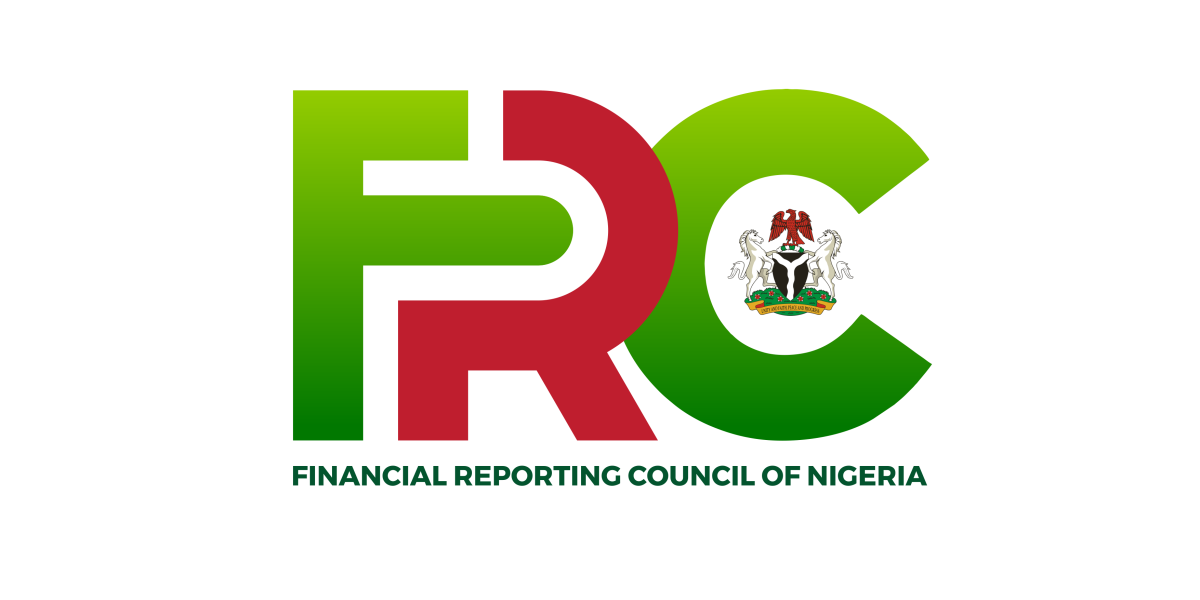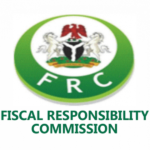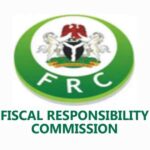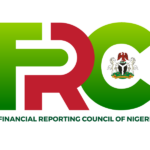The Financial Reporting Council of Nigeria (FRC) has lamented the collapse of corporate entities owing to audit failures, saying audit failures are “costly to investors, the auditors themselves and even the wider society.”
Executive Secretary/CEO of the Council, Dr. Rabiu Olowo recalled how the Nigerian Exchange in 2009 dropped from an all- time high of N13.5 trillion to a mere N4.6 trillion while N2bn of pension funds was lost the same year.
He spoke in a presentation titled, “Proactive Regulation: A Catalyst for Preventing Audit Failure” delivered during the 2024 audit summit tagged the Audit and Other Assurance Providers’ Leadership Summit.
According to him, Nigerian investors have lost several billions of dollars because of companies that falsified and deliberately overstated their accounts and consequently failed or got into serious trouble.
- Food security: Caribbean states seek partnership with Nigeria
- Concerns as 43 die of food poisoning in 2wks
He stated that the council has activated the Section 60 of the FRC Act 2011(as amended) which empowers the Council to carry out practice review of auditors and section 61 prescribed the frequency at which the review should be carried out.
According to the Act, annual quality reviews (inspections) shall be conducted for professional accountants that audit more than 20 public interest entities; all others shall be conducted every three years, and the Council may order a special inspection of any professional accountant at any time.
He disclosed that the council through the Directorate of Auditing Practice Standards (DAPS) has commenced practice review of audit firms.
“We understand that there are still a lot of shortcomings but we are encouraged at the results and achievements we are making thus far and the hope of what we can achieve,” he said.
He noted that other consequences of audit failures include loss of confidence in the Nigerian capital market by investors.
“Investors and stockbrokers lost billions of Naira of their investments virtually overnight. Investors became exposed to the risk of bankruptcy as they had obtained investment and margin loans from the banks and were no longer able to repay.”
He stated that the Council intends to weigh in with persuasive and encouraging warnings to accountants and auditors to improve themselves and complement reforms currently going on in Nigeria, in rules and best practices so that audits can deliver its affordances to the market and society, reassuringly.

 Join Daily Trust WhatsApp Community For Quick Access To News and Happenings Around You.
Join Daily Trust WhatsApp Community For Quick Access To News and Happenings Around You.

